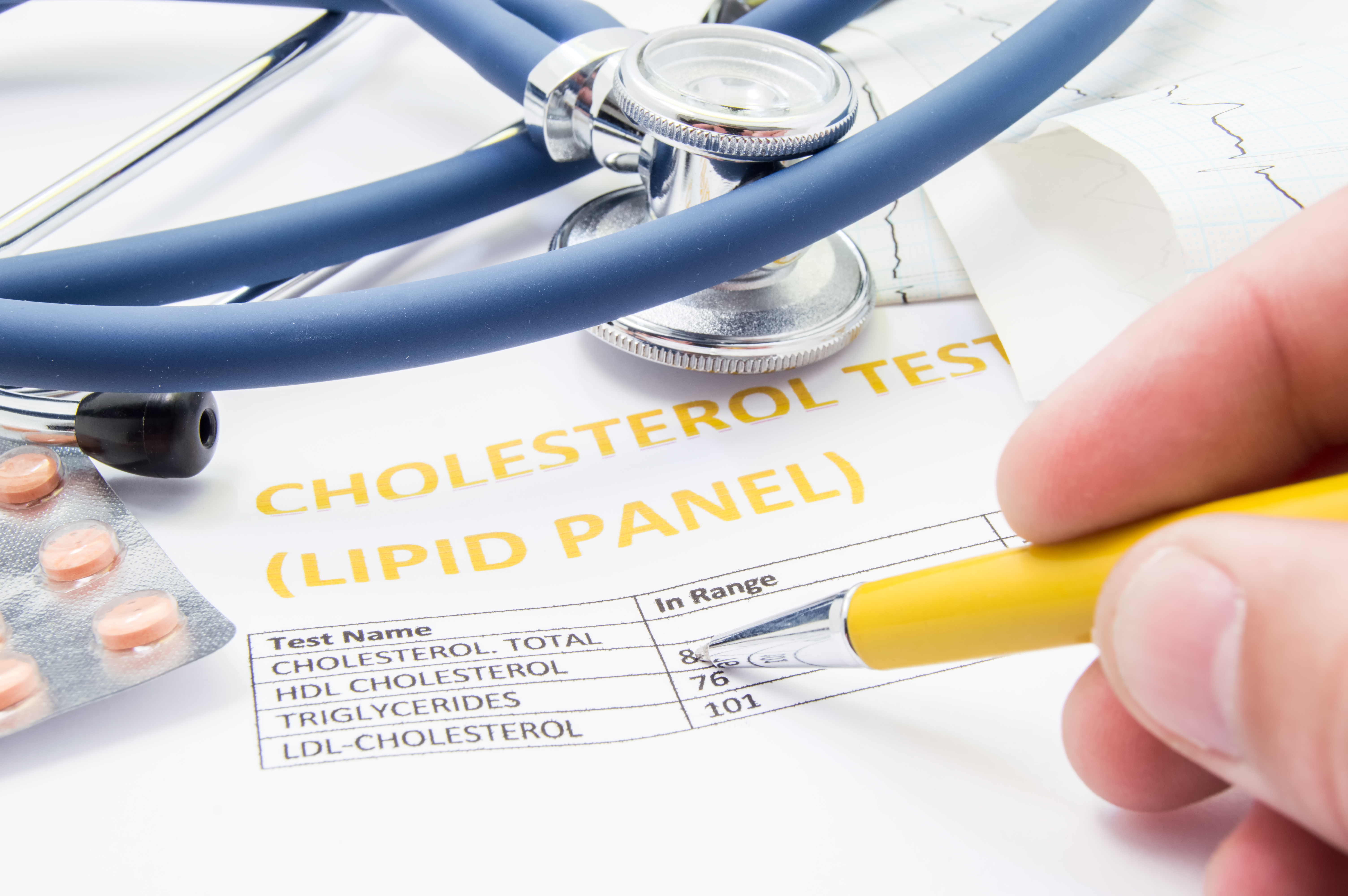
A recent analysis of the results of the ODYSSEY OUTCOMES trail suggests that the PCSK9 inhibitor alirocumab added to statin therapy in patients with acute coronary syndromes and with low levels of low-density lipoprotein cholesterol (LDL-C) lowers the risk for mortality.
The patient population of nearly 19,000 patients with acute coronary syndromes was first published at the American Heart Association’s 2018 Scientific Sessions (see DocWire News coverage here). For the current analysis, published in Circulation, the study authors looked at the long-term effects of treatment with alirocumab with all-cause death, as well as cardiovascular and non-cardiovascular death, with log-rank testing. They used joint semiparametric models to test any potential relationships between nonfatal cardiovascular events and cardiovascular or non-cardiovascular death. Mean follow-up was 2.8 years.
According to the analysis results, there were 334 (3.5%) deaths in the alirocumab group compared with 392 (4.1%), which wasn’t statistically significant, but resulted from fewer cardiovascular and non-cardiovascular deaths in the alirocumab cohort. A prespecified analysis that included 8,242 patients eligible for 3 or more years of follow-up, alirocumab was linked with fewer deaths (HR=0.78 95% CI, 0.65 to 0.94; P=0.01). Patients who had nonfatal cardiovascular deaths were at a higher risk for cardiovascular deaths, and since alirocumab was associated with reduced total nonfatal cardiovascular events (P<0.001), the researchers noted that alirocumab may have “thereby attenuated the number of cardiovascular and non-cardiovascular deaths.”
Christopher P. Cannon, MD, of Harvard Medical School and Brigham and Women’s Hospital in Boston, offered DocWire News his perspective and was very positive on the results of the analysis
“This is an excellent analysis of this large trial, showing that in very high-risk patients (post-ACS), use of the PCSK9 inhibitor (alirocumab) can reduce mortality,” Dr. Cannon told DocWire News. “This has been seen with intensive statin therapy as well, where lower mortality was seen in the two post ACS trials (PROVE IT and A2Z) in a meta-analysis, as compared with more stable patients with atherosclerotic cardiovascular disease (Murhpy et al). It also has been seen with more intensive antiplatelet therapy, where a mortality reduction was seen with ticagrelor in ACS patients in PLATO but not in more stable post MI patients in PEGASUS. This makes sense–that in the very highest risk patients, more potent lipid-lowering (or antiplatelet therapy) can reduce mortality.”
Dr. Cannon added that “this helps us target these new interventions and make sure we use them in our very high risk patients.”
Analysis of #ODYSSEY: Alirocumab added to intensive statin therapy has the potential to reduce death after #ACS, particularly if maintained for ≥3 years https://t.co/igRm2PGTtK | @DLBHATTMD #AHAJournals pic.twitter.com/gaDfNjeXSf
— Circulation (@CircAHA) July 8, 2019
Lower Cholesterol is Better After Events. Effect of Alirocumab on Mortality After Acute Coronary Syndromes: An Analysis of the ODYSSEY OUTCOMES Randomized Clinical Trial. – PubMed – NCBI https://t.co/K8AEiH6etV
— Joel "Heart Prevention" Kahn MD, FACC (@drjkahn) May 28, 2019
A #PCSK9 – Alirocumab- showed slight benefit on mortality if added to suitable ACS patients on #statins @CircAHA https://t.co/09Ebqzi8cW Should this change practice? The small benefit seen, despite statistical significance, suggests that perhaps we should wait #EPeeps #CardioEd pic.twitter.com/dMY3i4Orig
— Vass Vassiliou (@vass_vassiliou) May 27, 2019
#LDL reduction using Alirocumab reduced all-cause mortality in secondary prevention. Bigger effect with more LDL% reduction https://t.co/gH5juNpADt
— Mohamed Elshazly (@mbelshazly) May 25, 2019

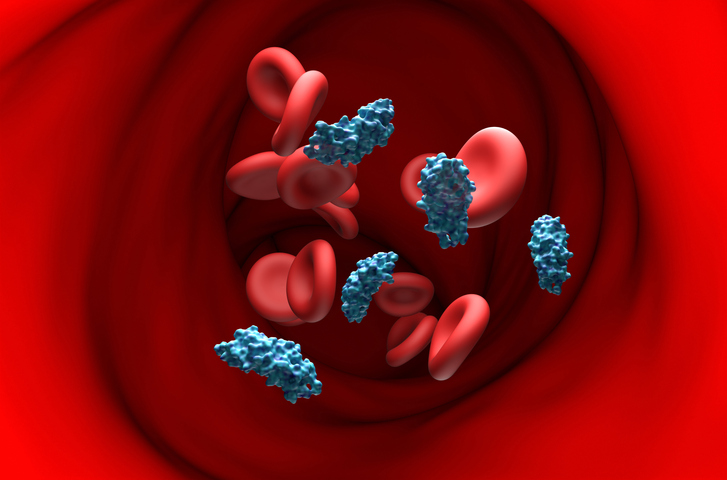
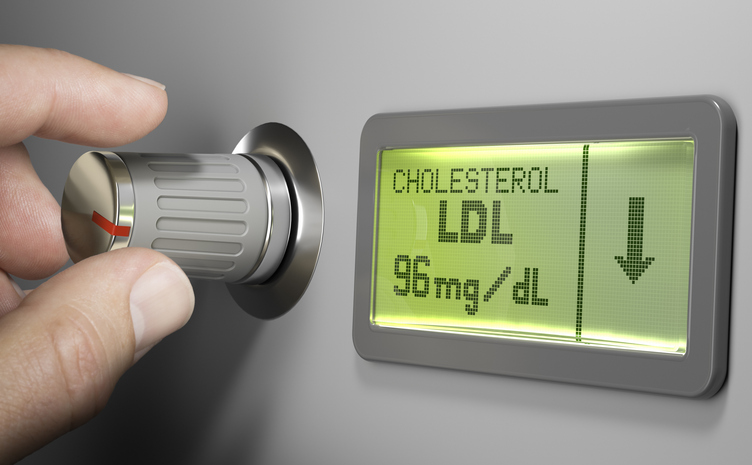
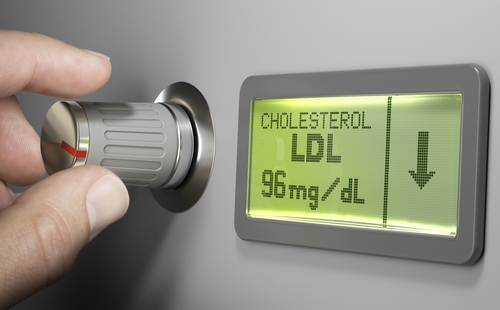

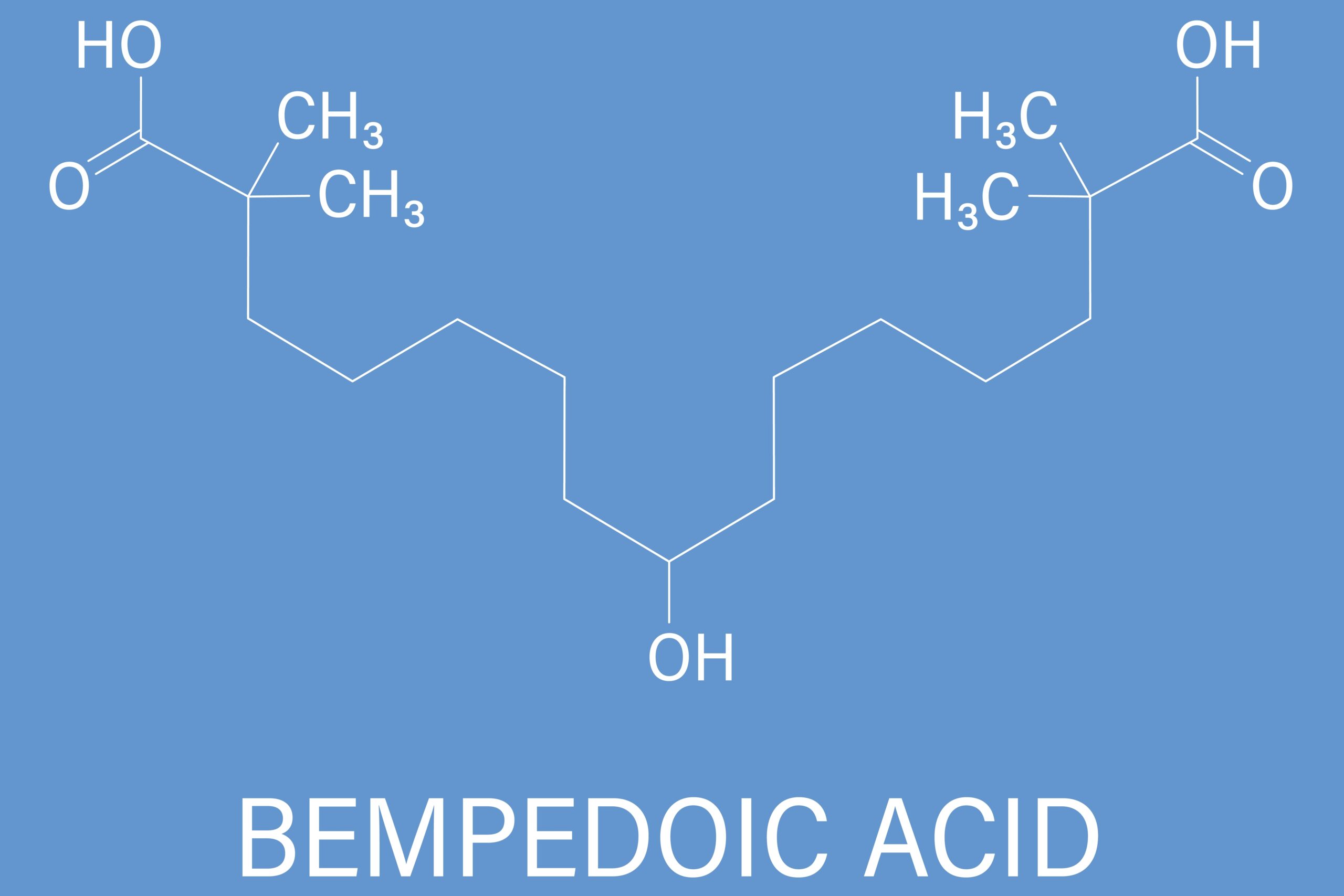

 © 2025 Mashup Media, LLC, a Formedics Property. All Rights Reserved.
© 2025 Mashup Media, LLC, a Formedics Property. All Rights Reserved.